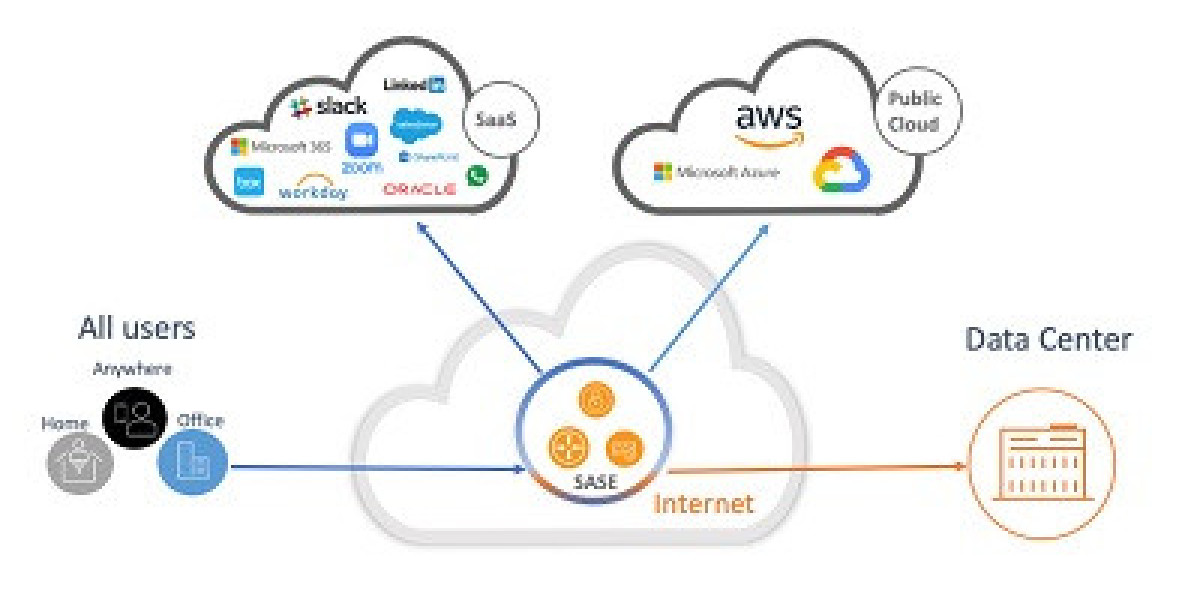The pharmaceutical market is highly dynamic, influenced by factors like regulatory changes, economic conditions, new competitors, and evolving healthcare needs. These fluctuations can create challenges for pharmaceutical businesses, especially for PCD pharma companies, distributors, and retailers.
To maintain steady sales in such an unpredictable environment, businesses must adopt strategic planning, innovation, and customer-centric approaches.
This blog will explore key strategies to navigate market fluctuations and sustain revenue growth in the pharmaceutical industry.
1. Understanding Market Fluctuations in Pharma
Before implementing sales strategies, it’s essential to understand the factors that contribute to market instability in the pharma sector:
Regulatory Changes ?️ – Government policies, pricing regulations, and compliance updates.
New Market Entrants ? – Rising competition from new pharmaceutical brands.
Economic Downturns ? – Reduced consumer spending and supply chain disruptions.
Seasonal Demand ?️ – Fluctuations in sales due to seasonal illnesses (e.g., flu season).
Technological Advancements ? – The introduction of new treatments and digital healthcare solutions.
By analyzing these factors, pharma businesses can anticipate risks and implement strategies to stabilize their sales.
2. Key Strategies to Maintain Sales in a Fluctuating Pharma Market
a) Diversify Your Product Portfolio
One of the best ways to mitigate risks in an unpredictable market is to offer a diverse range of products.
✅ Include high-demand medicines like antibiotics, pain relievers, and chronic disease medications.
✅ Add preventive healthcare products such as vitamins, immunity boosters, and wellness supplements.
✅ Introduce specialized products (e.g., dermatology, oncology, or pediatric medicines) to cater to niche markets.
A well-balanced product portfolio ensures steady sales even when demand for specific medicines declines.
b) Strengthen Distribution Networks
A strong supply chain ensures timely delivery of medicines, helping businesses maintain sales even during market disruptions.
? Partner with multiple suppliers to avoid dependency on a single vendor.
? Maintain adequate stock levels to prevent shortages during high demand.
? Expand distribution channels by collaborating with new wholesalers, retailers, and online pharmacies.
By enhancing logistics and supply chain efficiency, businesses can ensure consistent availability of products, boosting customer trust and retention.
c) Focus on Competitive Pricing and Discounts
In a price-sensitive market, competitive pricing plays a crucial role in maintaining sales.
? Offer bulk purchase discounts to retailers and wholesalers.
?️ Provide promotional deals to attract new customers.
? Adjust pricing strategies based on market trends and competitor analysis.
Maintaining an affordable pricing model ensures customer loyalty and helps businesses sustain sales even during economic downturns.
d) Build Strong Customer Relationships
Customer trust is key to long-term business success in the pharmaceutical industry.
? Maintain regular communication with doctors, pharmacists, and healthcare professionals.
? Offer value-added services like free consultations, patient education, and after-sales support.
⭐ Provide loyalty rewards to encourage repeat purchases.
A customer-centric approach fosters long-term partnerships, ensuring stable sales even during market fluctuations.
e) Leverage Digital Marketing and Online Sales
The shift towards digital healthcare and e-commerce has created new opportunities for pharma businesses to boost sales.
? Create an online presence through websites, social media, and e-pharmacy platforms.
? Use email marketing and WhatsApp campaigns to promote new products and offers.
? Optimize SEO and paid ads to attract online customers.
By adapting to digital trends, businesses can tap into a wider customer base and generate more sales.
f) Stay Updated with Regulatory Compliance
Failure to comply with government regulations and quality standards can lead to fines, product bans, or reputational damage.
? Regularly update business practices to align with new healthcare policies.
? Ensure all products meet FDA/WHO/ISO certifications to build credibility.
? Keep records of quality tests and compliance reports for transparency.
By staying legally compliant, businesses can avoid disruptions and maintain market stability.
g) Monitor Market Trends and Competitor Strategies
A proactive approach to market trends and competition can help businesses adapt quickly.
? Conduct regular market research to identify new opportunities.
?⚕️ Engage with healthcare professionals to understand changing prescription patterns.
? Analyze competitors' pricing, marketing, and sales tactics to stay ahead.
By continuously analyzing the market, businesses can adjust their strategies to maintain a competitive edge.
h) Invest in Sales Team Training and Development
A well-trained sales team can drive consistent sales even in a fluctuating market.
? Provide regular product knowledge training to sales representatives.
? Teach effective communication and negotiation skills for better customer engagement.
? Set performance targets and incentives to motivate the sales team.
An efficient salesforce ensures strong client relationships, leading to sustained sales growth.
Future-Proofing Sales in Pharma Market
In addition to short-term sales strategies, pharma businesses should focus on long-term growth and sustainability.
? Adopt AI and automation for efficient inventory and order management.
? Explore B2B collaborations with hospitals, clinics, and healthcare providers.
? Expand into new markets through exports and global partnerships.
By embracing innovation and adaptability, pharma businesses can stay resilient in an ever-changing market.
Conclusion
The pharmaceutical market is unpredictable, but with the right strategies, businesses can maintain and even increase sales during market fluctuations.
✅ Diversify product offerings to cater to different healthcare needs.
✅ Optimize supply chain and distribution for seamless availability.
✅ Leverage digital marketing and online sales to expand reach.
✅ Stay updated with regulatory changes and compliance standards.
✅ Train sales teams to ensure effective customer engagement.
By staying flexible, innovative, and customer-focused, pharma businesses can overcome challenges and sustain long-term growth in an evolving market.








